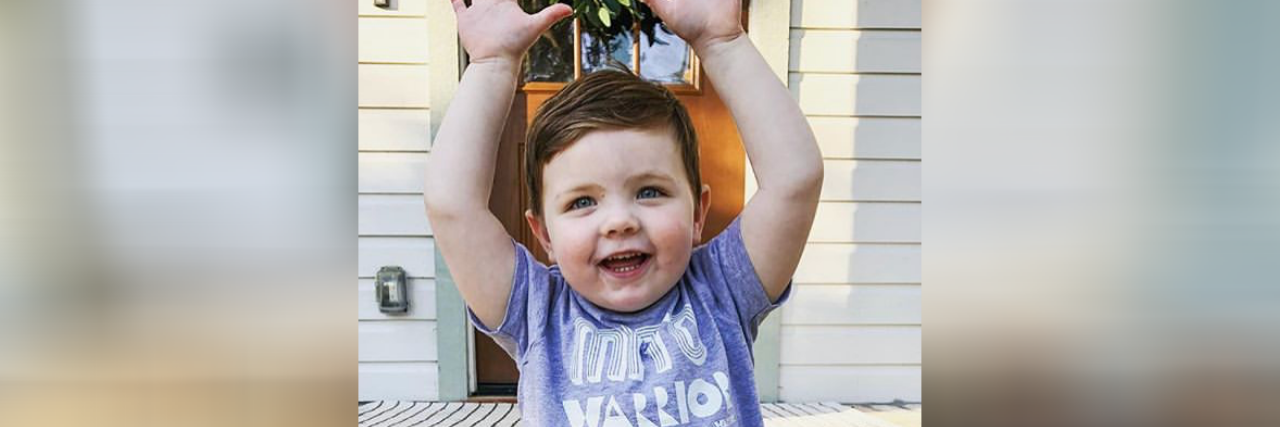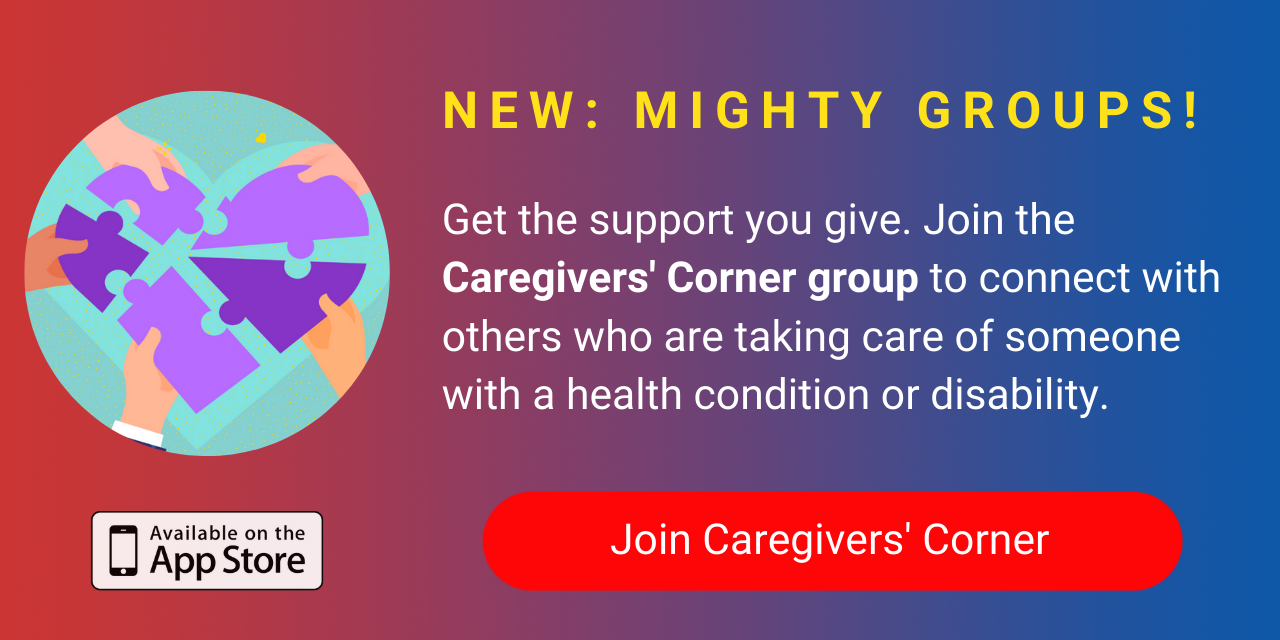Parenting is hard. Not a news flash. There are more books written on the subject than one could probably read in a lifetime. And, let’s face it, that’s primarily because children make it darn near impossible to find any solitude that would lend itself to absorbing a book. Then there is parenting a child with a disability.
I guess the way I always imagined it (pre-motherhood, anyway) was as two camps. There was the “typical” child camp where the parents have tents with instructions that are relatively clear (even if not always perfect) and an endless supply of guides and tent fixers. Then there was the “non-typical” or disability camp. In the latter, the tents have less clear or complicated assembly instructions, many of them have holes, there are limited guides, and worse yet there is a pervasive group of people who go around offering to patch the holes up in the tents in exchange for a small fortune. To be clear, the tents are not the children, but the structures designed to help the parents nurture the children and keep them safe. In that second camp everything, as I imagined it, tends to work against the parents. What I would eventually learn (post-motherhood) was that I wasn’t wrong. But, I also wasn’t right.
My second son was born with a rare, progressive neurodegenerative condition called NUBPL, a diagnosis we wouldn’t receive until he was 2 years old. In the early months of his diagnosis, I figured that was it: we were now official residents of the disability camp. Despite all the fears and tears, I was OK with that. We quickly found the amazing families and advocates at the NUBPL Foundation and proceeded into our new campsite, believing we had all the tools, or at least the resourcefulness, to deal with whatever we found when we got there.
We worked on setting up our tent and encountered many of the frustrations we had been anticipating. But, we were OK. We dealt with the price-gougers and the clueless tour guides who meant well, but just didn’t understand what we or our son really needed. A couple of years went by. Then one morning I stepped outside of our tent and I looked around. We were not where I had believed we were at all. We were not in the disability camp, but we also weren’t back in the “typical” camp. We were unexpectedly pitched in a new place. A place I had not even known existed, and it was nestled directly in-between.
For our son, the mutations in his genes have not caused the same degree of disability it has caused some of the other children. As he has grown and gone through therapy, we have watched him (with praise raised to the heavens) reach milestones that we were unsure he would ever achieve. As he got older, though, we realized that while we were celebrating his accomplishments, the system was defining him as not “disabled enough.”
He can walk now? Yes, but he still falls easily, and has variations in his abilities on a daily basis. But, he doesn’t use a walker? No. He’s not disabled enough.
He can use the restroom? Yes, but it takes him a long time, and he still struggles to get his pants up and down, and is subject to falls. But, he is potty trained? Yes. He’s not disabled enough.
He is not cognitively delayed? No, he is not, but he is too impaired by his physical limitations to keep up with his typical peers. Sorry. He’s not disabled enough.
No to that therapy. No to the IEP. No to an aide. No to sympathy for the struggle. He’s not disabled enough.
But, while the system keeps telling us our son is not disabled enough, his disease shouts louder and louder that he isn’t “typical” enough. Cue the injuries; the missed school for doctors appointments or therapies; the time spent on the phone with specialists and insurance companies; the withheld invitations; the rejected invitations, because it isn’t safe or inclusive; the tears, both his and ours, when his body refuses to let him do something he desperately wants to do. Every day it seems we face an obstacle where he is less than disabled, but also less than typical. He’s… in-between.
And, this place, the “in-between,” is brutal. Not to say that it’s any more painful or challenging than either of the other camps. We all have hard. We all have challenges. I am wise enough (i.e. self-help booked) to know there is no room in this world for comparative suffering. We all have our own stuff and I am not saying life in the in-between is worse than life anywhere else. What I am saying is that to those of you who are camping here with us, I see you.
Nothing fits quite right. We are stuck perpetually living a Goldilocks story, except try as you may, you cannot find the right porridge, the right chair, the right bed. Everything is either too big or too small. Too hot or too cold. You are told your child does not need “that much” help, but often the alternative is no help at all, which leaves them vulnerable on countless levels. We are always lingering somewhere in the middle of two one-size-fits-all systems. Having any one-size-fits-all system is an issue in and of itself, but being stuck between them where there’s basically no system at all? Where do you even begin?
We fight, of course, like parents in both camps do. We raise hell when we need to. We advocate. We give gratitude. We try to help those putting our child inside of a box he doesn’t fit in to reimagine the box in his size. But all our effort doesn’t always make life here in the middle any less hard or lonely. There aren’t always ways to redesign the box. There isn’t always a way to make things fit. Sometimes, many times, we are forced to accept too big or too small. Too loose or too tight. And all we can do then is pray that our child doesn’t trip. And, beg the heavens that it doesn’t make our child more susceptible to judgment or to hurt. And doesn’t make us either for that matter. Because let’s face it, adults can be cruel.
This place in the middle. It’s tough. But we are tougher. And our children, they are tougher still. I’ve also found that if you stand in the in-between and you reach your hands out to each side, there’s always someone in each of the other camps willing to reach back.


